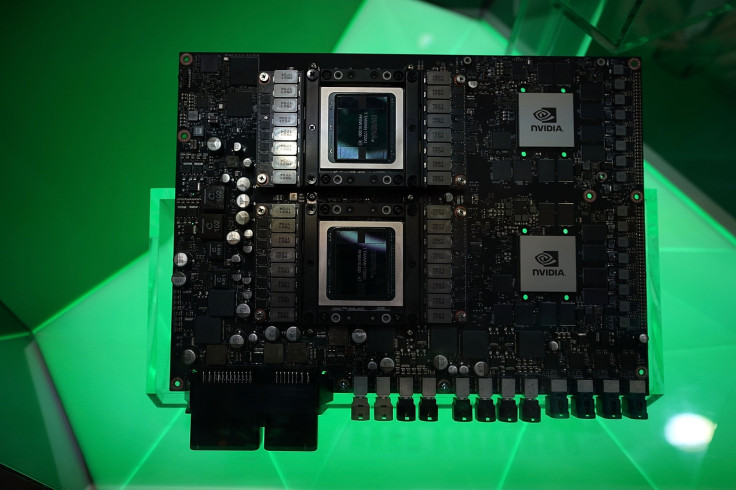How Artificial Intelligence Could Replace Human Decision-Making — And Soon

If you, like many others, are wondering how artificial intelligence (AI) will change your daily life, envision this: Inside your home, items will become self-aware of their own lifespan and will autonomously order better, cheaper replacements that arrive exactly before their depletion. From lights that reorder themselves to appliances that are smarter and understand your needs and lifestyle, AI will integrate seamlessly into your home.
At the office, your traditional pre-commuting headaches will vanish. Predictive models will observe your calendar and morning rituals to prepare you for your day. Your AI “companion” will order your favorite vehicle experience, which will wait for you without intervention and will quickly route you to your intended destination.
How will this work? Let’s take a step back.
The world is full of interfaces and resources. We interact with interfaces to identify what we want and need. It’s a dynamic that demands a push and pull from users. Over time, our preferences can be modeled and predicted. Our world — and how we behave and interact with everything in it — can be mapped and learned. Awash in interfaces, we will use companions — or digital versions of ourselves — to accomplish mundane tasks for us. These companions will be digital representations of ourselves that adapt and grow with every bit of ingested data.
This concept, so far, is one-dimensional. When we expand this idea out to many dimensions, we can start to imagine a world in which these embodied devices learn to communicate, negotiate, and transact among themselves and with one another across a distributed network to optimize resources. At every opportunity, your companion will be in constant negotiation with an ocean of chattering sensors, data, agents and devices to cooperatively plan ways to optimize your life and potential. These advancements will wholly change our environment and how we interact with it.
Context, intent and action are themes that help drive decisions. For instance, you could decide to pop down to your favorite coffee shop. There’s no vehicle waiting because it’s not raining and your companion knows a walk is good for you (i.e., you get a boost of energy and are generally happier and in a more productive mood post-exercise). You arrive, and at that very moment, your coffee is waiting. The time spent in line is now moments reclaimed to do as you please.
Specially tailored shopping trips could complement your particular desires, balancing taste, budget and discovery. The world could begin to open up and present to you magical moments full of surprises that mirror who you are and what you want to be. Everyone knows your name, understands what you’re interested in, and helps to complete your shopping day. Walk out with what you need, or don’t — any items will be automatically delivered wherever you will be when you need them, all without engaging in manual transactions.
These examples barely scrape the potential of AI. But they illustrate that by embedding AI into our daily lives, technology can become a tool that operates behind the scenes to effectively integrate systems that better serve us. The result: We get back more time and resources to do more and be more, both individually and together.
Dan Gailey is co-founder and CEO of Synapse AI, a decentralized data and AI marketplace.
© Copyright IBTimes 2024. All rights reserved.





















